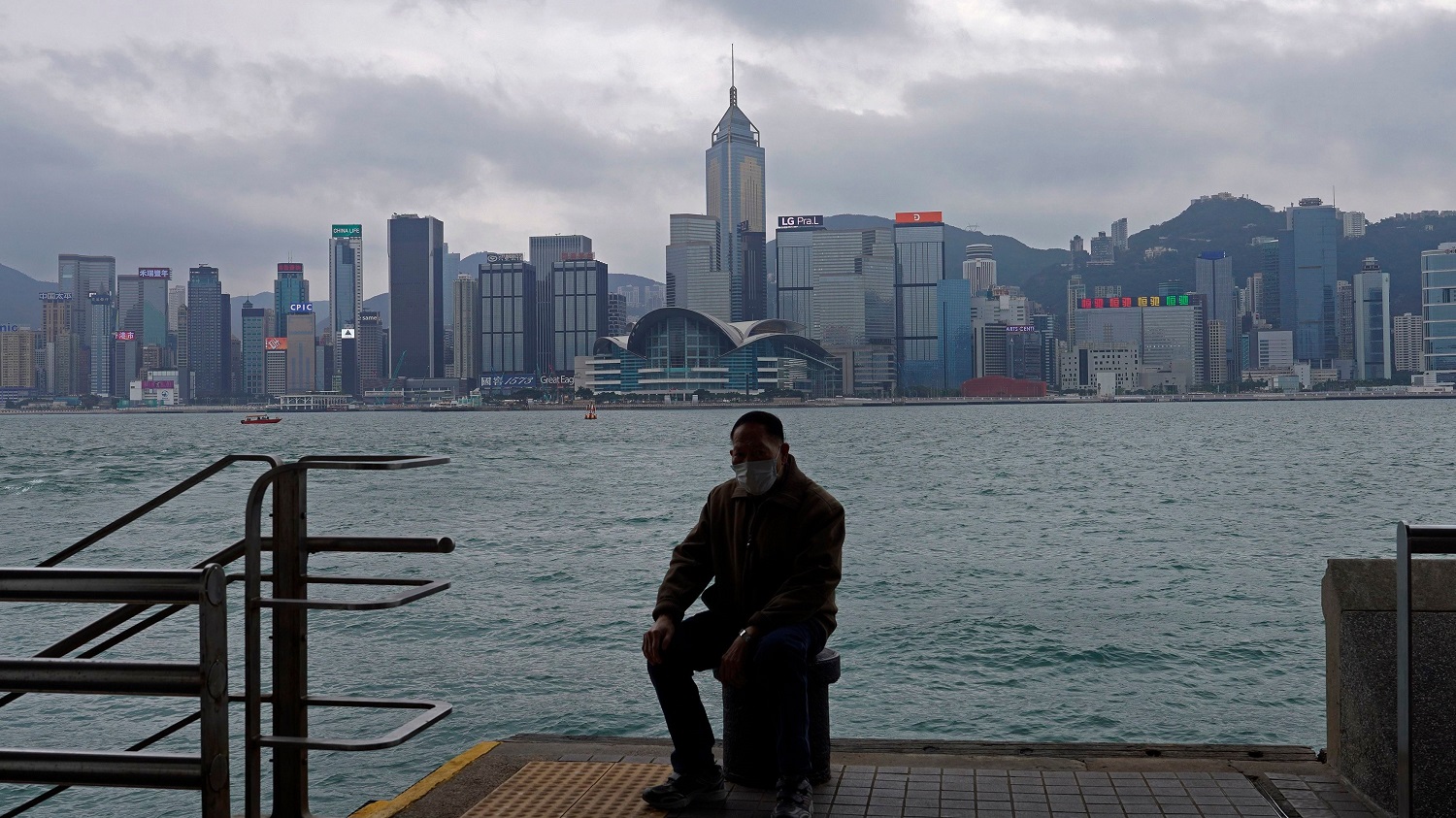FilMart Weighs its Options as Hong Kong Closes Border With China in Virus Response
By Patrick Frater
LOS ANGELES (Variety.com) – Hong Kong on Monday severed nearly all of its land and sea connections with mainland China as part of growing measures in Asia to slow the spread of coronavirus. The move makes it ever more likely that , the biggest film industry trade market in Asia, will be postponed. A decision is to be taken this week.
Bowing to pressure from the medical profession, the public, and politicians, the semi-independent Hong Kong government Monday reversed its position on the need to close borders between the Special Administrative Area and the People’s Republic of China. With effect from midnight, all but two of Hong Kong’s 14 land crossings into China will be shut. The airport will remain open to flights with China, but all ferry connections will halt. Express rail and Guangzhou train services had been halted earlier.
FilMart, which has been running annually in Hong Kong since 1997, is currently scheduled to hold its 24th edition March 25-28. Organized by the Hong Kong Trade Development Council, a semi-government body, the fair is to be held at government-owned premises at the Convention and Exhibition Center in Wanchai district.
With the Chinese New Year holidays now ended, senior management at the TDC is meeting this week to decide whether to cancel this year’s fair or press on. Its choices are threefold: to go ahead, but risk an exodus of visitors; postpone the event till later in the year; or to simply cancel the 2020 edition.
Sources close to the fair indicate that a postponement until May or June is the TDC’s preferred option.
Last year’s FilMart had 888 exhibitors from 35 countries and regions, and more than 9,000 visitors from 52 territories. That makes it the third most attended film market of the year behind Cannes and the American Film Market.
But clouds have been gathering for several months around FilMart’s 2020 edition.
Last year’s political protests in Hong Kong spilled onto the streets and turned violent between mid-September and November. That caused disruption to numerous entertainment industry events in the last quarter of 2019 – the CineAsia tradeshow and the Clockenflap music festival were canceled, while the Asia Video Industry Association conference relocated to Singapore – and worries for likely attendees.
The TDC had suggested that while European delegates might be put off traveling to FilMart, shorter haul Asian visitors would be more flexible. It had also suggested that the number of pavilions at the market backed by mainland Chinese groups might increase in 2020. A closure of the border between Hong Kong and mainland China makes that scenario less likely.
The TDC had also privately been able to reassure worried media executives that FilMart was able to go ahead uninterrupted, even during the 2003 SARS outbreak. The latest virus outbreak, however, appears to be of a different magnitude, and the measures to counter it are being implemented more widely across the planet.
To date, China has reported 17,205 cases of virus infection and 361 deaths. Some 475 people have recovered and been discharged. Hong Kong has so far 15 confirmed cases and no deaths.
Several countries have flown out their citizens from the disease epicenter in Wuhan, on emergency repatriation flights. Many too have attempted to deter visitor arrivals from China, through the use of revised visa requirements and mandatory quarantine periods. Mongolia and North Korea have shut their borders with mainland China.
Until Monday, Hong Kong had so far only partially closed its land borders with mainland China. And mainland authorities had ceased issuing some kinds of exit permits.
But lawmakers in both the pro-Beijing and pro-democracy camps pressed the Hong Kong government to impose tighter border controls. On Monday, hundreds of Hospital Authority staff began a temporary strike as they urged the government to completely close the border.

